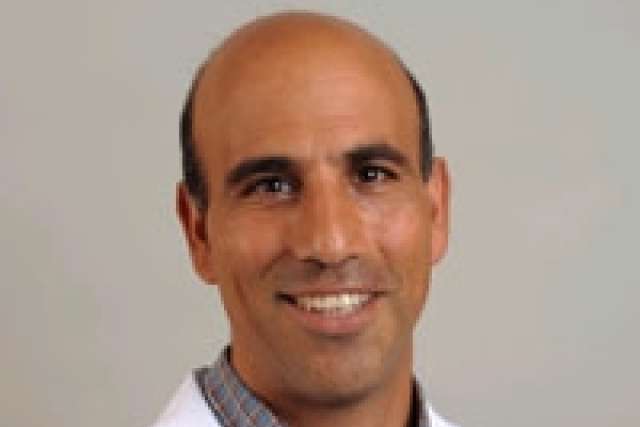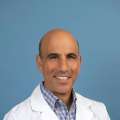Dear Doctor: I’ve been taking niacin for years to lower my cholesterol. Do you think it really helps?
First, let’s look at niacin and its role in the body. Niacin is a B vitamin that the body needs to create the compounds NAD (nicotinamide adenine dinucleotide) and NADP (nicotinamide adenine dinucleotide phosphate), both of which are crucial to cellular function.
A shortage of niacin, also known as vitamin B3, can lead to diarrhea, nausea, vomiting, rash and, when severe, neurologic conditions that manifest as confusion and dementia. Fortunately, because of our varied and plentiful diet, not to mention supplementation of foods, niacin deficiency is rare in this country. Foods high in niacin include meat, mushrooms and potatoes; the recommended daily allowance is 15 milligrams.
As for cholesterol, some research does support niacin’s ability to improve cholesterol levels. In 1955, in one of the earliest studies of niacin, researchers found that doses of 1,000 to 3,000 milligrams significantly lowered total cholesterol levels in men. Niacin has also been found to lower levels of LDL, the so-called “bad” cholesterol, while raising levels of HDL, the so-called “good” cholesterol.
Niacin has an impact in other ways as well. A 2007 study of 30 patients who took 1,000 milligrams daily showed a reduction in the thickness of their carotid arteries’ interior lining and lower levels of CRP (C-reactive protein, a marker of inflammation) when compared to a placebo. Further, a 2009 study showed a reduction in carotid intimal thickness when niacin was added to a statin. Carotid intimal thickness is used to assess the presence of atherosclerosis in the heart.
Such research suggests that niacin would be a great therapy to decrease the risk of heart attacks and strokes. The science, however, is less than conclusive.
A study published in 1986 followed 1,189 men who had a history of heart attack and compared those who took niacin at 3,000 milligrams per day to those who got a placebo. After five years, the niacin group reported fewer heart attacks, but no difference in the death rate. After 15 years, however, the niacin group reported an 11 percent decrease in heart rates, with most of the decrease coming from a decrease in heart disease.
Studies of niacin in addition to a statin have not shown benefit in either decreasing death rates or decreasing the rates of heart attacks. A 2011 study in the New England Journal of Medicine assessed the impact of 1,500 milligrams of niacin in addition to the drug simvastatin in those with a history of cardiovascular disease. After three years, the authors found no impact on mortality. A 2014 study in the New England Journal of Medicine echoed these findings, with no benefit after 3.9 years of statin-plus-niacin treatment.
It may be that niacin, when taken with a statin, provides no additional bang for the buck. The significant decrease in heart attacks and strokes seen with statin therapy may overwhelm any potential benefit of niacin. Further, as the 1986 study showed, the benefit of niacin may take up to 15 years to show benefit; the trials of statin-plus-niacin were only for 3-4 years.
My feeling is that niacin does have beneficial effects on cholesterol and on reducing atherosclerosis, or hardening of the arteries. However, it’s not as powerful as a statin in decreasing rates of heart attacks, and the benefit might not become evident for years.
If you cannot tolerate a statin, niacin is a good option. Further, because you’ve been taking niacin for many years, you may have already experienced, or not be affected by, the most common side effect: facial flushing. This sometimes-severe condition is the most common reason people stop taking niacin. Facial flushing can be ameliorated by taking a slow release formulation of niacin or adding aspirin to niacin.
Overall, niacin is certainly better than not addressing high cholesterol levels, especially if it’s been working for you, which your doctor should be able to tell you.
Robert Ashley, MD, is an internist and assistant professor of medicine at the University of California, Los Angeles.
Ask the Doctors is a syndicated column first published by UExpress syndicate.




